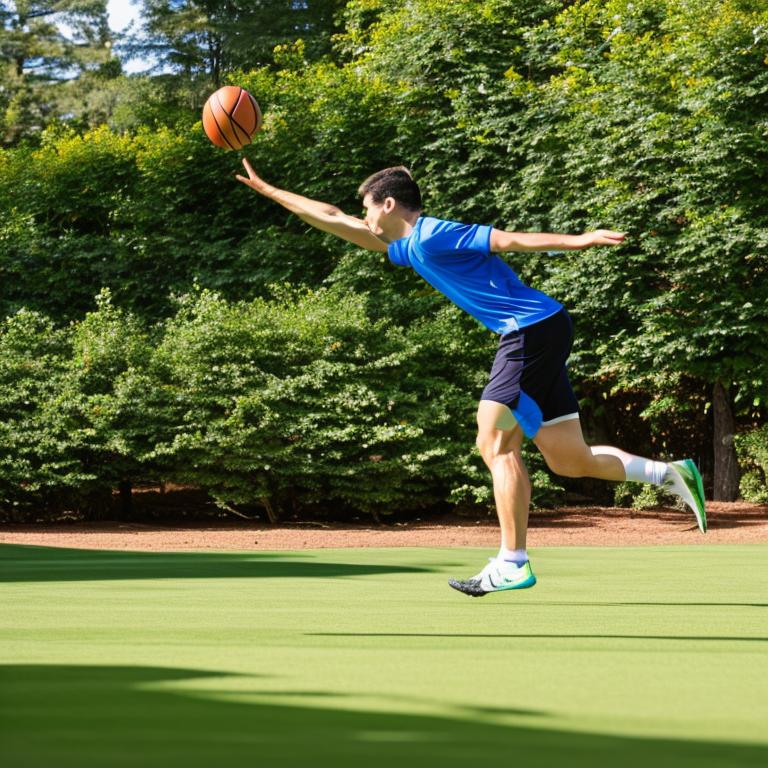Learning and Strengthening Your Abilities
Learning is a lifelong process that plays a fundamental role in skill development and mastery. It is through continuous learning that individuals can expand their knowledge base, acquire new insights, and stay abreast of the latest trends and advancements in their field. By actively seeking out opportunities to learn and grow, individuals can enhance their abilities and broaden their skill set. Strengthening one's abilities requires a proactive approach to skill development, including seeking out challenges, receiving constructive feedback, and pushing beyond one's comfort zone. By embracing a growth mindset and a willingness to learn from both successes and failures, individuals can cultivate resilience and adaptability, essential qualities for mastering skills in a dynamic and ever-evolving world. Furthermore, strengthening abilities involves identifying areas for improvement and actively working towards enhancing those skills through targeted practice and focused learning initiatives. Whether it is through online courses, workshops, mentorship programs, or hands-on experience, individuals can leverage a variety of resources to strengthen their abilities and accelerate their skill development journey. Moreover, building a strong foundation of skills and competencies is crucial for long-term success and career advancement. By investing in continuous learning and skill-building activities, individuals can position themselves as valuable assets in their respective industries, opening up new opportunities for growth, innovation, and professional development. In conclusion, learning and strengthening one's abilities are integral components of the skill mastery process. By embracing a proactive approach to learning, seeking out opportunities for growth, and continuously refining their skills, individuals can unlock their full potential, achieve excellence in their chosen field, and thrive in an increasingly competitive and dynamic environment.
Achieving Mastery Through Discipline and Routine
Achieving mastery in any skill requires a high level of discipline and a commitment to a structured routine. Discipline is the foundation upon which skill mastery is built, as it involves setting clear goals, establishing consistent practice habits, and holding oneself accountable for progress and performance. By cultivating discipline, individuals can stay focused, motivated, and resilient in the face of challenges and setbacks. Routine plays a crucial role in the mastery process by providing a framework for consistent practice and skill development. By establishing a daily or weekly routine that includes dedicated practice sessions, reflection periods, and goal-setting exercises, individuals can create a conducive environment for growth and improvement. A well-defined routine helps individuals stay organized, manage their time effectively, and track their progress towards mastery. Moreover, discipline and routine help individuals develop a strong work ethic and a sense of responsibility towards their craft. By adhering to a structured routine and maintaining a disciplined approach to skill development, individuals can build momentum, stay on track with their goals, and make steady progress towards mastery. Consistency is key in the mastery journey, and discipline and routine are the cornerstones of sustained growth and improvement. Furthermore, achieving mastery through discipline and routine involves embracing challenges, seeking feedback, and continuously pushing the boundaries of one's capabilities. By adopting a growth mindset and a willingness to learn from experiences, individuals can overcome obstacles, refine their techniques, and elevate their skills to new heights. Mastery is a journey of continuous learning and self-improvement, and discipline and routine are essential tools for navigating this path with purpose and determination. In summary, achieving mastery in any skill requires a combination of discipline, routine, and a growth-oriented mindset. By cultivating discipline, establishing a structured routine, and embracing challenges with resilience and determination, individuals can unlock their full potential, achieve excellence in their craft, and embark on a fulfilling journey of skill mastery and personal growth.
